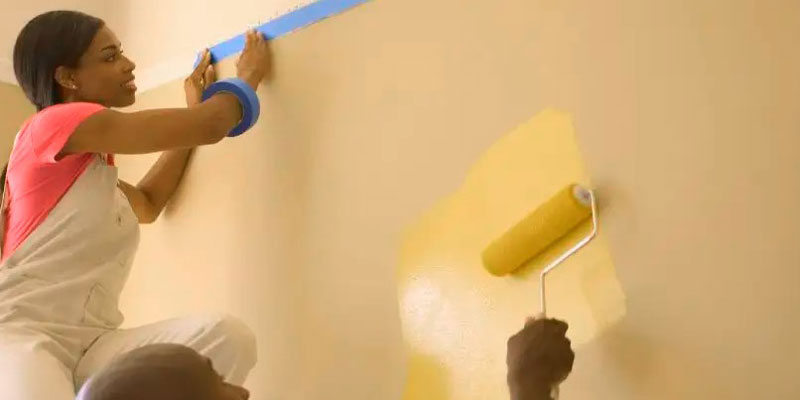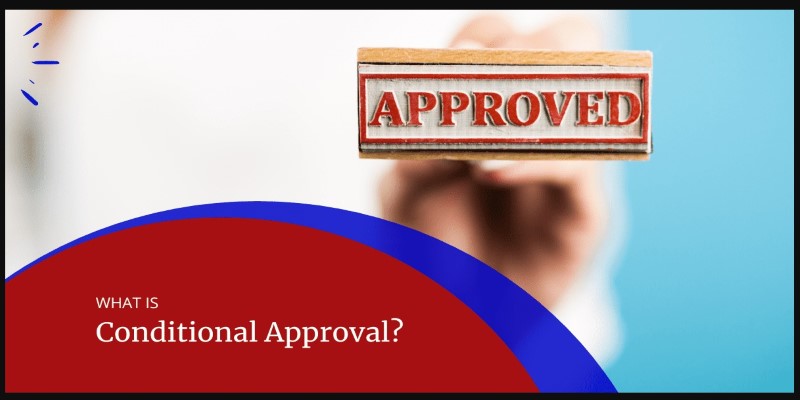Introduction
The expense of performing the job correctly is a significant concern for every homeowner undertaking a remodeling project. Lucky for you, grants exist and could help defray some of the expenses. Numerous grants totaling hundreds of millions of dollars are open to homeowners who make specific upgrades to their houses and meet specific requirements set forth by the government. Not everyone and every initiative will qualify for a grant. Many financial aid packages emphasize the importance of implementing particular renovations that make the home or apartment more secure, hospitable, and non-hazardous to the residents and the surrounding area.
Government-sponsored home renovation grants (also known as home repair grants) can be helpful if you need to make repairs to eliminate health and safety issues in your house. A limited pool of people can apply for these awards because of the stringent requirements of most of them. However, if you meet the requirements, they are an excellent option for funding your home renovation.
Where to Find Home Improvement Grants?
Free money for remodeling your house can be found in several different areas. To begin, you should contact the HUD office in your area. Low-income homeowners can apply for grants from HUD, such as the HOME Investment Partnerships Program, or borrow money to make necessary home repairs through several lending programs. To locate your local HUD office, please visit HUD.gov.
Grants may also be available through the National Residential Improvement Association. Just fill out an application form provided by the NRIA and give details on your home, its history, and any upcoming renovations or additions. You can expect to hear back from an NRIA expert with information about possible funding opportunities.
Home Improvement Grants Vs. Other Options
Grants aren't a vital funding source for those renovations you've been putting off. To access the equity in your house, you can take out a loan, refinance, or use the equity as collateral. Homeowners who want to improve their properties often choose the 203K loan from the Federal Housing Administration. You can get a low-interest rate on loan to make repairs and modifications to your house through the 203K program. The United States Department of Agriculture (USDA) and the Housing and Urban Development (HUD) offer cheap loans to those who meet their geographical and financial requirements. If you have been in your home for a while and have built up some equity, you may be eligible for a HELOC.
Find the best prices by shopping around. You don't have to stick with your current financial institution if you want to switch to a new one to complete a refinancing or home equity loan. Green-energy subsidies and tax credits may be available if you make environmentally friendly improvements to your home. To learn more, visit EnergyStar.gov or contact the energy commission in your state or city. Several businesses will offer rebates or even decrease monthly charges if you make certain energy-saving adjustments. A PACE loan is an excellent option for anyone looking for a way to finance environmentally friendly home improvements.
What Other Forms Of Financial Assistance Are Available To Homeowners?
If you don't qualify for a home repair grant and can't afford to undertake the job yourself, there are other options to reduce costs. Homeowners with lower incomes can take advantage of low-interest loans from the USDA and the Housing and Urban Development (HUD). The loan must be repaid, but the interest rate is usually relatively manageable. When you sell your home or if you do business from home and upgrade your workspace, you can claim a tax deduction for the money you put into the renovations. However, they are not usually deductible on a person's tax return.
Through a cash-out refinance, you can access a portion of your home's equity as liquid funds that may be used for everything from major purchases to home improvements. These loans are often used to make improvements to a property, and the interest paid on these loans is sometimes tax deductible. One more perk is that cash-out refinancing rates are usually lower than rates for other loans. Remember that increasing your mortgage payments could lengthen the time it takes to own your home outright.
Conclusion
While it's true that maintaining or updating your house to match your changing needs might be costly, plenty of grant programs help cover the costs. Don't lose faith if you cannot locate a grant program that meets your specific needs. Refinancing to use the money for home upgrades is one possibility, as is taking advantage of tax incentives.




